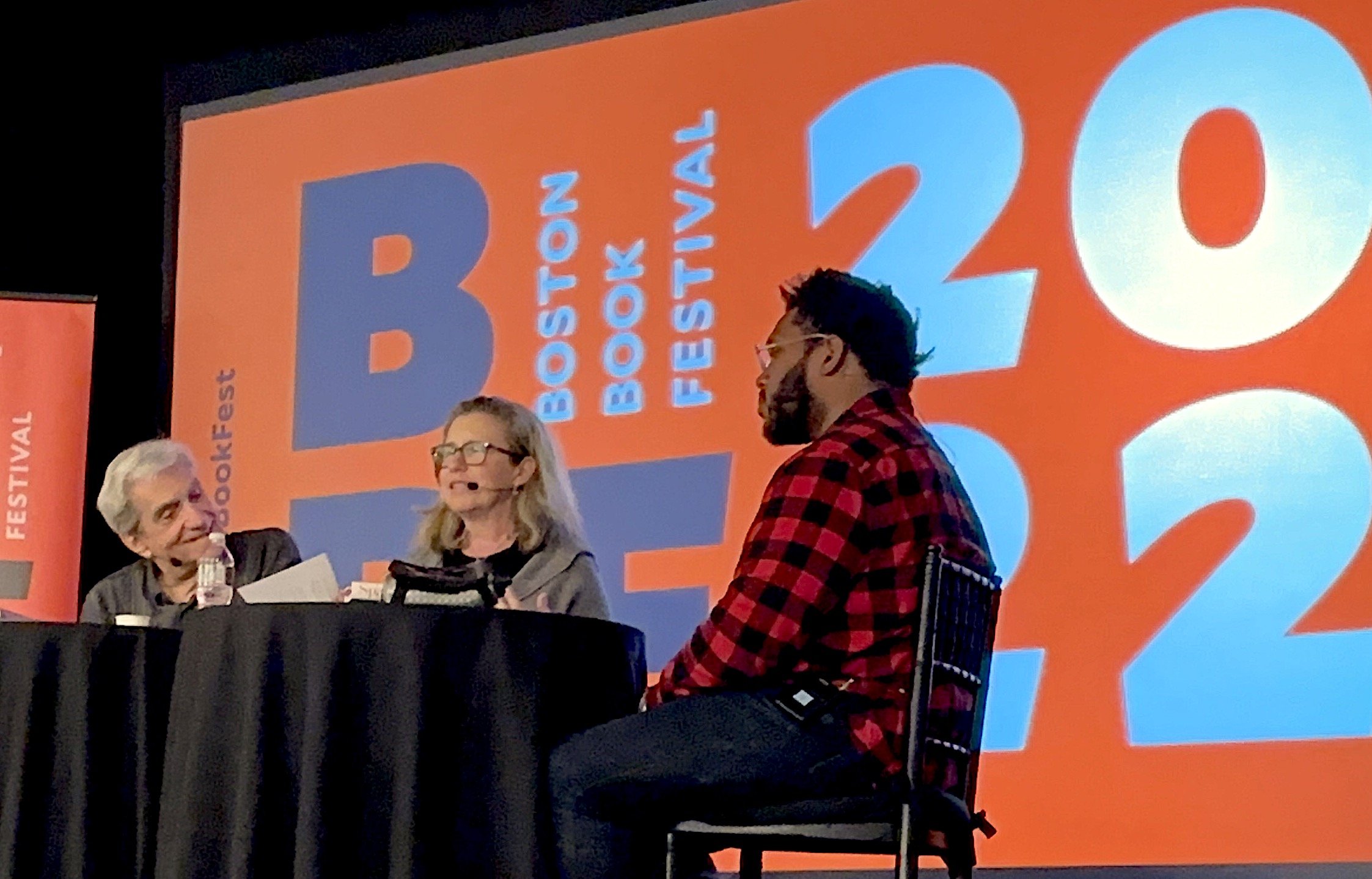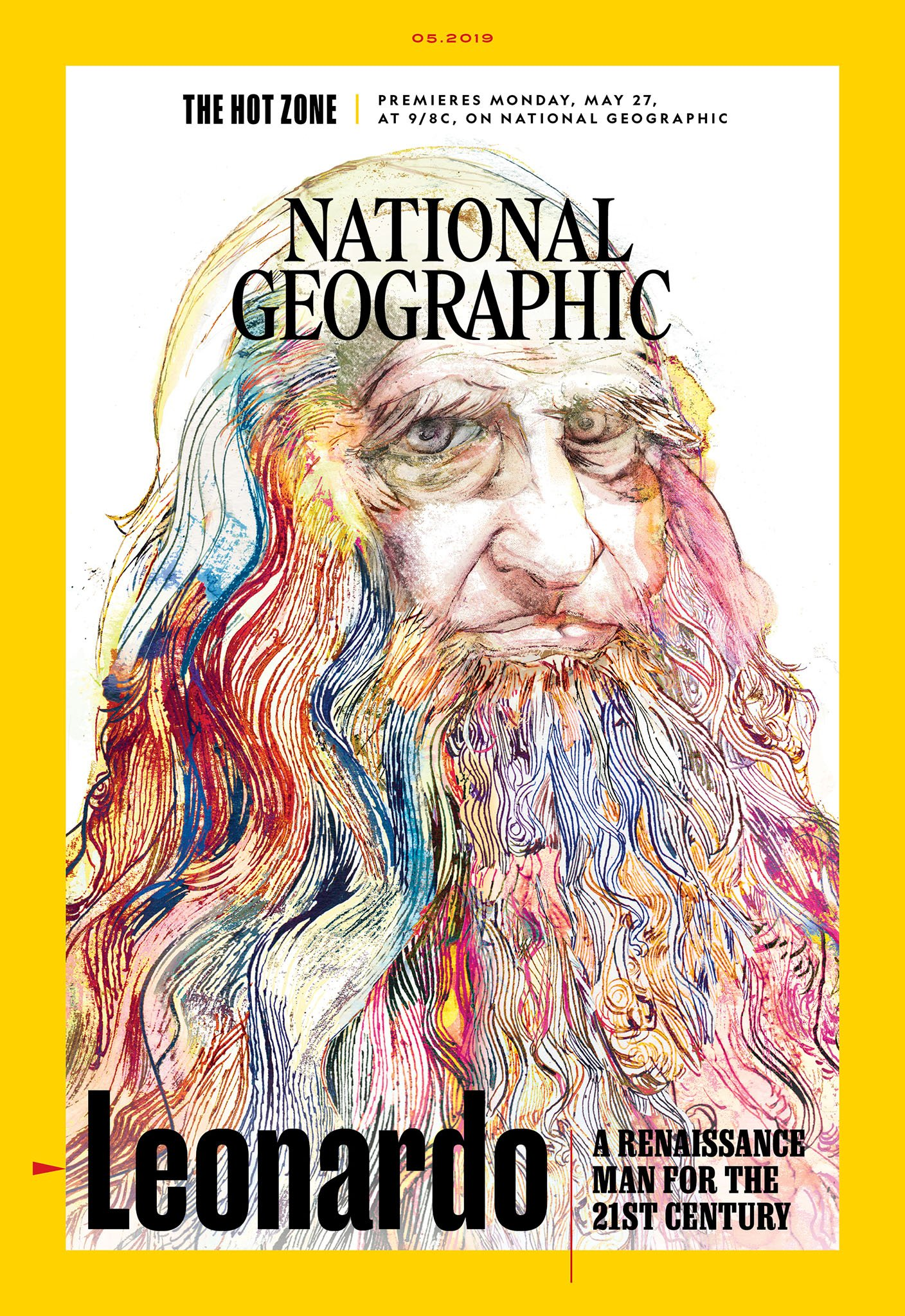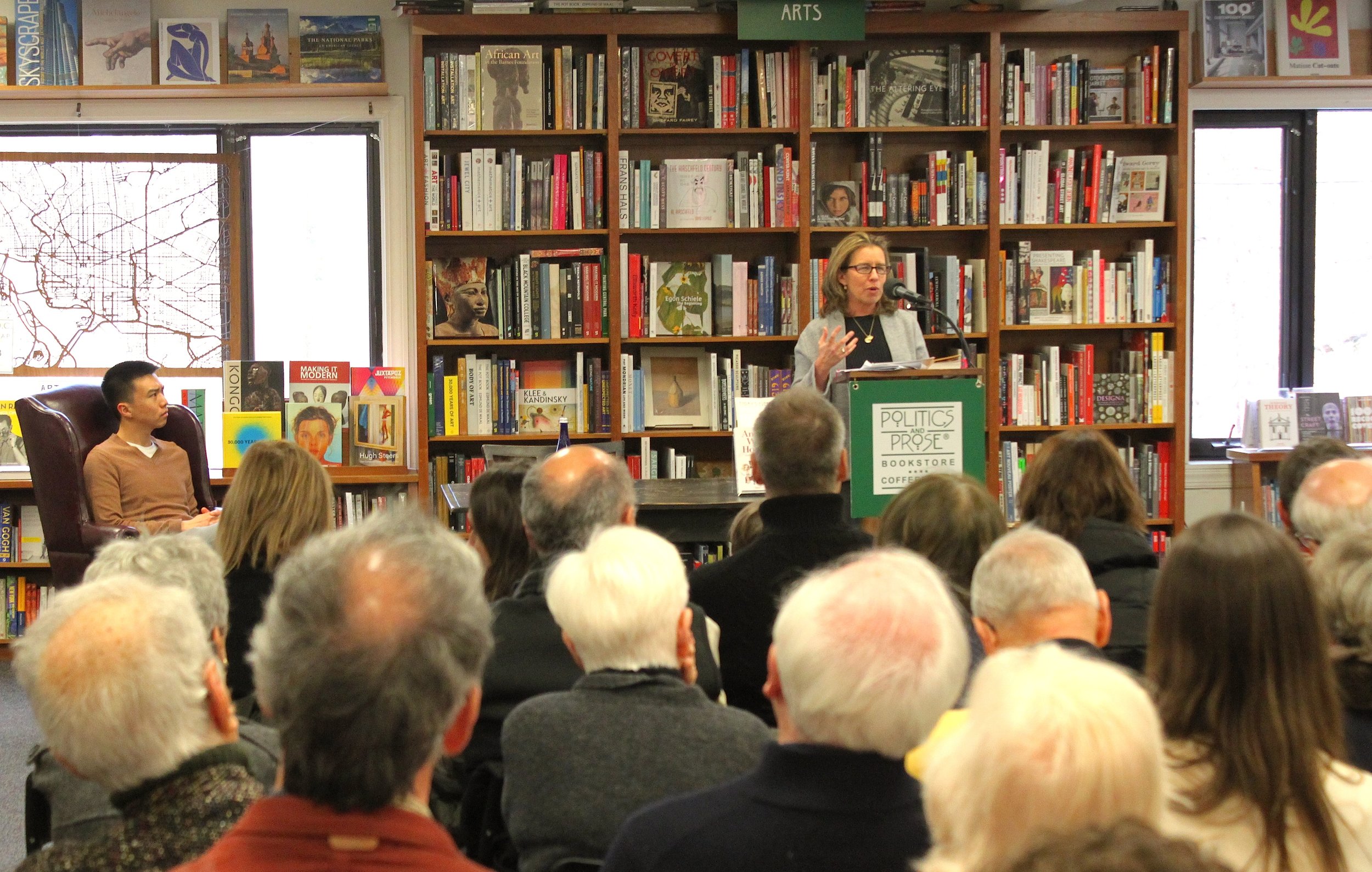I knew I wanted to write about Indonesian entrepreneur Denica Riadini-Flesch the first time we talked. I remember our phone call clearly—it was 2021 and we were discussing Yo-Yo Ma for a piece I was writing about “The Bach Project,” the cellist’s global tour, which mixed musical performance with cultural exchange. The concert series had taken Ma to Jakarta, where he met with Riadini-Flesch, founder of the Indonesian farm-to-closet fashion brand, SukkhaCitta. Riadini-Flesch told me how moved she was by Ma’s interest in her work and by how present he seemed, especially in his interactions with a group of SukkhaCitta batik artisans from rural Java. “They really felt valued and seen,” she said.
SukkhaCitta, which Riadini-Flesch launched in 2016, is rooted in a radically transparent supply chain. Customers know everything about how their garments are made—from where the cotton is grown to how the fabric is dyed. During our initial conversation, Riadini-Flesch described her social enterprise with a passion, an eloquence, and a joy that I wanted to capture on the page. In December 2024, I traveled to Indonesia to write a feature for National Geographic. Riadini-Flesch invited me to accompany her to East Java, where I met SukkhaCitta’s farmers and artisans and watched them weave cotton threads into fabric, create elegant designs out of wax, and make natural dyes out of wood and indigo. I filled my notebooks with details—the delicacy of the farmers’ cotton seedlings; the smell of hot indigo and its vast varieties of blue; the taste of sweet fried tofu; the pounding monsoon rains; the batik artisans dipping their tjantings into bowls of hot wax; the sacred trust that had developed between Riadini-Flesch and her team. I hope the piece succeeds at illuminating Riadini-Flesch’s vision and bringing to life the farmers and artisans who work alongside her. Respecting nature. Creating beautiful clothing. Healing the planet.
Photos by the enormously talented Muhammad Fadli @mfimages
National Geographic, June 2025




















